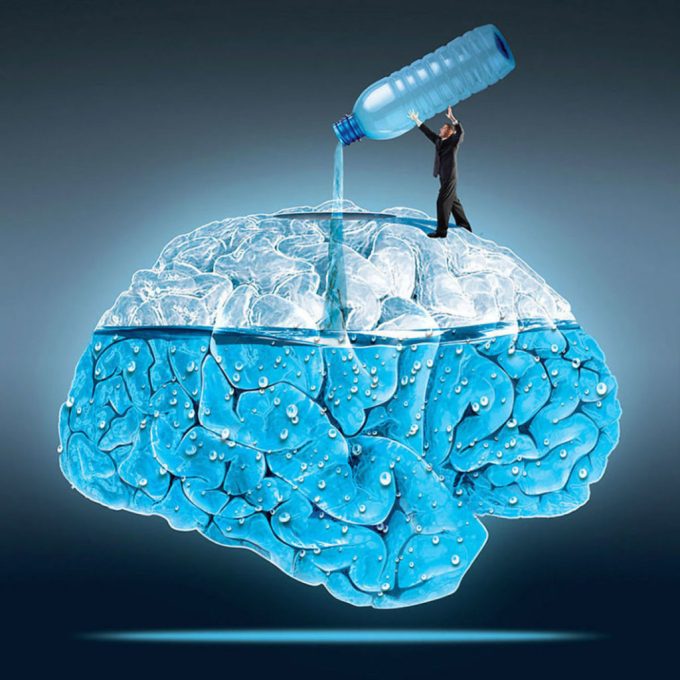What is Mental Health?
Our emotional, psychological, and social well-being are all parts of our mental health. It influences our thoughts, feelings, and behaviors and influences how we respond to stress, interact with others, and make decisions.
Every stage of life, from infancy and adolescence to maturity, is critical for mental health. Your thoughts, feelings, and actions may be impacted throughout your life if you suffer from mental health issues.
Issues regarding mental health
A person in a condition of mental health is able to manage life’s stressors, reach their full potential, learn and work effectively, and give back to their community. It is a vital aspect of health and wellbeing that supports our capacity as individuals and as a society to make choices, form bonds with one another, and influence the world we live in. A fundamental human right is mental health. Furthermore, it is essential for socioeconomic, communal, and personal growth.
Mental health is more than the absence of mental disorders. It exists on a complex continuum, which is experienced differently from one person to the next, with varying degrees of difficulty and distress and potentially very different social and clinical outcomes.
Mental health issues encompass a range of mental states and disorders, including psychosocial disabilities and mental disorders, that are linked to considerable suffering, impaired functioning, or self-harm risk. Although it’s not always the case, people with mental health disorders are more likely to have lower levels of mental well-being.
What are risk factors?
Risk factors are things that increase a person’s chance of developing a mental health issue. They consist of elements that are social, psychological, or biological that affect a person, family, or community. An individual is more vulnerable to suicide and other self-destructive habits, such substance misuse, the more risk factors they have.
♦ Individual risk factors
- Mental health issues, such as anxiety disorders, bipolar illness, and depression
- Problems with alcohol and other substances
- Loss (from a relationship, work, death, or status)
- Inadequate impulse control
- Desperation, helplessness, hopelessness, or powerlessness
- Past experiences with trauma or abuse, such as physical, mental, or sexual
- Previous attempt at suicide (very increases risk)
- Fascination with violence and death
- Past incidents of interpersonal violence or bullying
- Doubt or disagreement regarding one’s sexual identity or orientation
- Extreme and compulsive perfectionism
♦ Family Risk Factors
- Family history of suicide
- Depressed or suicidal parents
- Alcoholic or drug-addicted parents
- Changes in family structure (e.g. death, divorce, remarriage, frequent moves)
- Financial difficulties
♦ Community risk factors
- Having access to weapons or other dangerous weapons
- Stigma attached to asking for assistance
- Inability to obtain assistance
- Loss of family, friends, or idols to suicide
- Locked up or losing one’s freedom; legal issues
Some mental health topics
- Antisocial personality disorder
- Anxiety disorders (including generalized anxiety, panic disorders, obsessive-compulsive disorder (OCD), phobias, and social anxiety)
- Attention-deficit hyperactivity disorder (ADHD)
- Bipolar disorder
- Borderline Personality Disorder (BPD)
- Depression
- Eating disorders (including Anorexia Nervosa, binge eating Disorder)
- Post-traumatic Stress Disorder (PTSD)
- Schizophrenia
- Seasonal affective disorder (SAD)
- Self-harm
- Suicide and suicidal behavior

Early Warning Signs & Symptoms
- Overindulging in food or sleeping too little
- Removing oneself from others and routine tasks
- Having little to no energy

- Sensation of numbness or insignificance
- Experiencing inexplicable aches and pains
- Feeling abandoned or powerless
- Consuming more alcohol, cigarettes, or drugs than normal
- Experiencing exceptional levels of confusion, forgetfulness, agitation, agitation, worry, or fear
- Screaming or arguing with loved ones
- Having extreme mood fluctuations that ruin relationships
- Having recurring ideas and experiences that you find difficult to ignore
- Hearing voices or accepting false information
- Contemplating hurting oneself or other people
- Incapacity to carry out routine duties like caring for your children or traveling to work or school
How to live well with a mental health condition
It can be difficult to work, attend school, maintain good hygiene, follow a regular schedule, form healthy relationships, socialize, and more if you have a mental health illness.

However, these diseases can be managed, difficulties can be overcome, and a meaningful, productive life can be led with early and consistent treatment (usually a mix of medication and psychotherapy).
- Adhere to a therapy schedule. Continue taking your medication and attending treatment sessions even after you feel better without seeing your doctor. If necessary, work with a physician to safely modify medication dosages in order to adhere to a treatment plan.
- Remain in contact with your primary care physician. Even if you also see a psychiatrist, primary care physicians play a crucial role in long-term management.
- Study up on the illness. Maintaining your treatment plan might be made easier if you are informed. Additionally, education might make your loved ones more understanding and sympathetic.
- Take good care of yourself. Reduce stress by practicing tai chi or meditation; eat a balanced diet; get regular exercise; and get enough sleep.
- Speak with your loved ones. Keeping up relationships with other people is crucial. Reach out to them for assistance and support during difficult times or times of crisis.
- Learn coping mechanisms. People can manage stress more easily if they develop appropriate coping mechanisms.
- Make time to sleep. Getting enough sleep enhances your mood, mental function, and general well-being. A regular lack of sleep is linked to mental health issues such as sadness, anxiety, and anxiousness.
Mental health care and treatment
It is critical to safeguard and promote everyone’s mental health in the framework of national initiatives to improve mental health, as well as to attend to the needs of those who suffer from mental illnesses.
Community-based mental health care should be used to do this, since it is more acceptable and accessible than institutional treatment, aids in the prevention of abuses of human rights, and improves the outcomes of recovery for those with mental health issues. The delivery of community-based mental health services should be facilitated by a network of connected programs that include:
- Services that provide mental health care in social services and non-health settings, such as child protection, school health services, and prisons;
- Mental health services that are integrated into general health care, usually in general hospitals and through task-sharing with non-specialist care providers in primary health care;
- and community mental health services that may involve community mental health centers and teams, psychosocial rehabilitation, peer support services, and supported living services.















Leave a comment